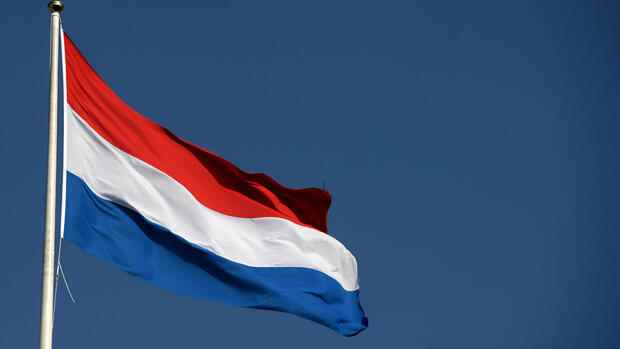In Holland, consumer prices are rising faster and faster.
(Photo: dpa)
Amsterdam Consumer prices in the Netherlands rose more sharply than ever before in September due to the sharp rise in energy prices. Goods and services cost an average of 14.5 percent more than a year earlier, the statistics agency CBS announced on Thursday.
In August, the inflation rate was still 12.0 percent. It is thus far higher than in neighboring Germany, where the inflation rate rose to 10.0 percent last month.
Energy costs 200 percent more in the Netherlands than in September 2021. Without energy and fuel, the inflation rate would have been just 6.5 percent.
Higher education costs also contributed to inflation, as a state reduction in tuition and course fees introduced due to the corona pandemic is no longer granted in the current academic year. Eight percent more was required for clothing.
Top jobs of the day
Find the best jobs now and
be notified by email.
In Germany, too, there is no end in sight to the wave of inflation, on the contrary: According to the Ifo Institute, more companies want to raise their sales prices in the coming months. According to this, all food retailers are planning price increases, as the Munich researchers found out in their September survey.
“Of course, that contains social explosives, because household incomes are rising far less,” said Ifo economic chief Timo Wollmershäuser of the Reuters news agency. The vast majority of sellers of drugstore items (92.3 percent), flowers, plants and pet supplies (89.6), toys (89.0), bicycles (84.4) and stationery (83 ,8) want to charge more money from their customers.
“In any case, the inflation rate should rise to eleven percent in the coming months,” said economic chief Wollmershäuser. From 2023, the gas and electricity price brake announced by the federal government should take effect.
More: What is a recession? Causes, examples and characteristics
